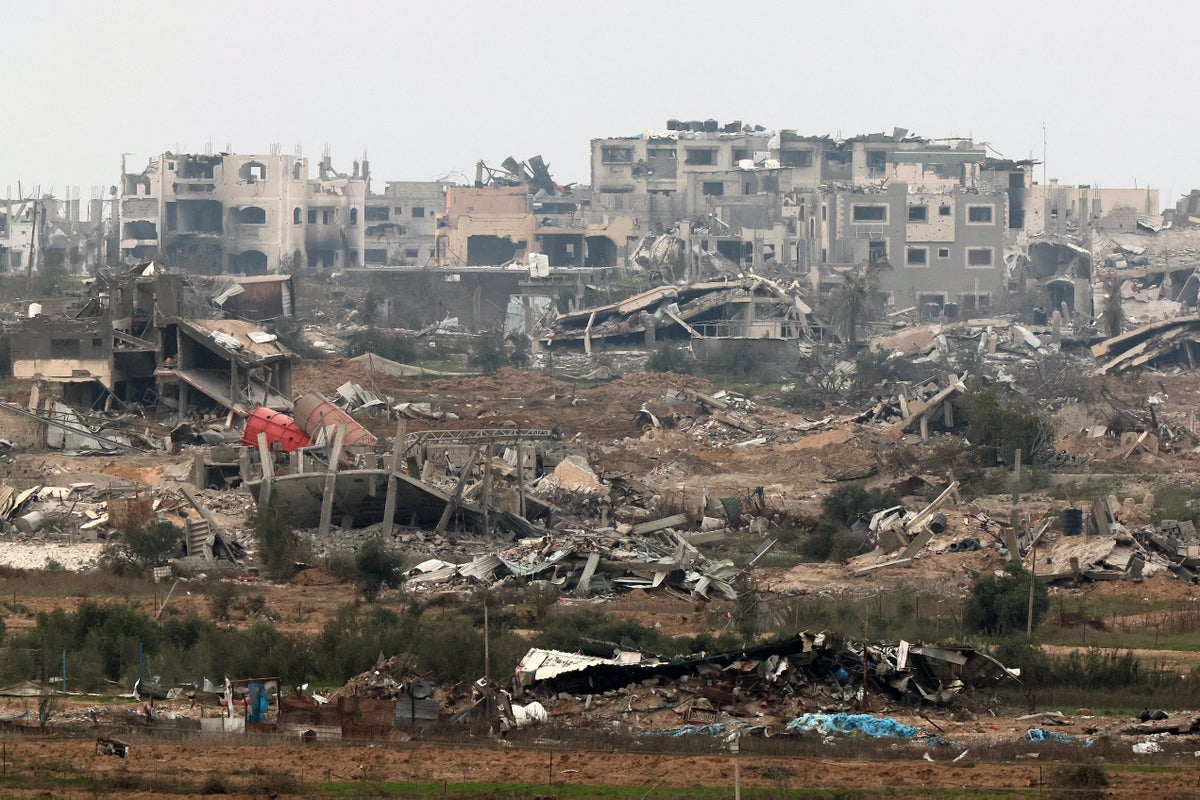
Facebook parent company Meta has been systematically censoring pro-Palestine content on its social media platforms globally in the wake of the ongoing Israel-Palestinian conflict, a new report by Human Rights Watch claims.
The 51-page report alleges Meta, the company which owns Facebook and Instagram, has taken down or suppressed hundreds of pro-Palestine posts and content, “including peaceful expression in support of Palestine”.
Following the Hamas-led attack in Israel on 7 October, 2023, that killed 1,200 people, mostly civilians, Israeli forces invading Gaza have killed over 20,000 Palestinians, including children, according to the Gaza Ministry of Health.
Unlawful restrictions imposed in Gaza by Israel have further led to a humanitarian catastrophe at the strip endangering Gaza’s over 2 million population of whom nearly half are children.
“Meta’s censorship of content in support of Palestine adds insult to injury at a time of unspeakable atrocities and repression already stifling Palestinians’ expression,” Human Rights Watch said in a statement, adding that the censorship “is furthering the erasure of Palestinians’ suffering.”
The rights group said it reviewed 1,050 cases of online censorship from over 60 countries.
The report points out at least 100 instances of censorship stifling pro-Palestine posts, including “content removals, suspension or deletion of accounts, inability to engage with content, and inability to follow or tag accounts.”
Meta did not immediately respond to The Independent’s request for comment.
The latest report comes after US senator Elizabeth Warren sent a letter to Meta CEO Mark Zuckerberg demanding information about pro-Palestine censorship allegations.
“It is more important than ever that social media platforms do not censor truthful and legitimate content, particularly as people around the world turn to online communities to share and find information about developments in the region,” she wrote in the letter, first published last week by The Intercept.
Human Rights Watch also flagged cases in which there were restrictions on the use of some features such as Instagram/Facebook Live, and “shadow banning,” which is the decrease in the visibility of an individual’s posts, stories, or account without notification.
In hundreds of cases, the report said users were unable to appeal content or account removal as the appeal mechanism malfunctioned, leaving them with no effective access to a remedy.
The international rights group claimed Meta’s take down of pro-Palestinian posts were due to its flawed content moderation policies, over reliance on artificial intelligence tools, and “undue government influence.”
It said Meta invoked its “Dangerous Organizations and Individuals” (DOI) policy, which incorporates US-designated lists of “terrorist organizations,” to sweepingly restrict legitimate speech around hostilities between Israel and Palestinian groups.
The Facebook parent company misapplied its polices on violent and graphic content and inconsistently applied “newsworthy allowance” policy, removing content documenting Palestinian injury and death that has news value, Human Rights Watch said.
It called for Meta to permit protected expression, including about human rights abuses and political movements, on its platforms by overhauling its “dangerous organizations and individuals” and by auditing its “newsworthy allowance” policy.







